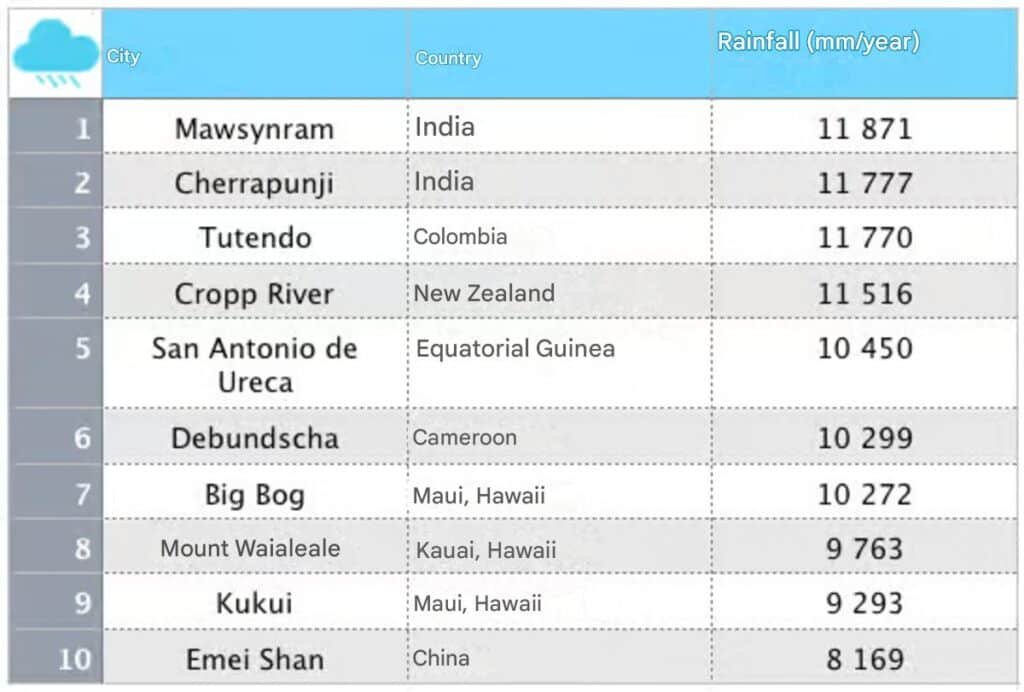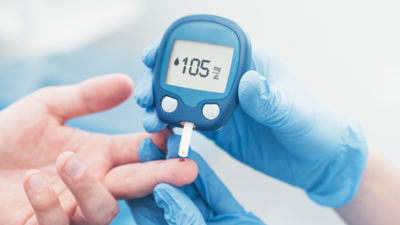Father’s day 2025: Father’s Day, celebrated every year on the third Sunday of June, is a heartfelt tribute to the love, support, and guidance of fathers and father figures. Beyond the celebrations, it can serve as a timely reminder for men to prioritise their health. As they age, health concerns like prostate and bladder cancer become increasingly common, but with the right lifestyle choices, the risk of these diseases can be significantly reduced. Also read | Should men be screened for prostate cancer?

Father’s Day is the perfect opportunity to not only honour fathers but also raise awareness about the importance of regular health checkups, preventive care, and healthy habits for long-term well-being. In an interview with HT Lifestyle, Dr Shalabh Agrawal, consultant, urology, CK Birla Hospital, Gurgaon said, “Prostate and bladder cancers are among the most common urological malignancies affecting men. While genetics and age play a role, several modifiable lifestyle factors can significantly reduce the risk.”
1. Maintain a healthy diet
Increase intake of fruits and vegetables rich in antioxidants, especially tomatoes (lycopene), cruciferous vegetables (broccoli, cauliflower), and leafy greens. Limit red and processed meats – high consumption is linked to increased prostate and bladder cancer risk. Choose whole grains over refined carbs and include foods with omega-3 fatty acids (like walnuts, flaxseeds, and fatty fish).
2. Stay hydrated
Drink plenty of water daily to flush out toxins from the bladder and reduce the concentration of harmful substances in urine. Avoid sugary sodas and limit caffeine and alcohol which can irritate the bladder lining.

3. Avoid tobacco use
Smoking is the leading preventable risk factor for bladder cancer. Chemicals from tobacco accumulate in the urine and harm the bladder lining. Quitting tobacco significantly lowers cancer risk over time. Also read | Oncologists reveal who is more at risk of aggressive prostate cancer, explain why early detection is crucial
4. Exercise regularly
Aim for at least 150 minutes of moderate exercise per week to maintain a healthy weight and improve hormone regulation. Physical activity may reduce inflammation and boost immunity, key factors in cancer prevention.
5. Limit exposure to industrial chemicals
If working in industries involving dyes, rubber, or leather, follow safety protocols and use protective gear to limit chemical exposure.
6. Regular health check-ups
Screenings like PSA (Prostate-Specific Antigen) tests and urine cytology can help in early detection. Men over 50, or earlier if there’s a family history, should consult their doctor for routine screening schedules. Also read | Blood sugar to prostate cancer: Doctor shares 12 health screenings that men should prioritise
Note to readers: This article is for informational purposes only and not a substitute for professional medical advice. Always seek the advice of your doctor with any questions about a medical condition.





